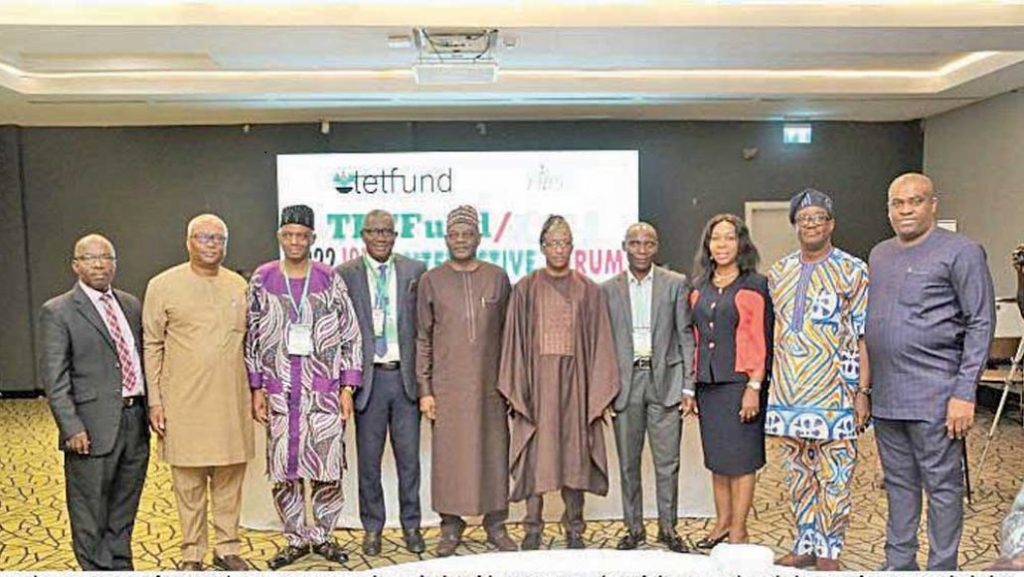The need to sufficiently finance Nigeria’s tertiary training has resounded often lately. The issue reached its zenith when members of the Academic Staff Union of Universities (ASUU) took industrial action, which lasted about eight months before it was recently ended. Priority was given to increasing university funding as one of the reasons for the strike.
In this scenario, adequate funding of universities or the nation’s tertiary institutions as a whole should include a review of the academic staff’s welfare package, a comfortable hostel environment, standard libraries, and basic amenities like water. The Executive Secretary (ES) of the Tertiary Education Trust Fund (TETFund), Arc, is concerned by this development. Recently, Sonny Echono called for a new approach to education funding in Nigeria.
In an interview with The Guardian, the ES admitted that it was nearly impossible for the country’s government to fund university education alone. As a solution to lecturer strikes, they suggested giving universities autonomy. He also urged the government to critically examine its own policies regarding the funding of university education in the country, in addition to calling for autonomy.
He stated, “However, the government must acknowledge that it cannot handle the load alone. Be that as it may, on the whole, we ought to plan another financing engineering for tertiary establishments to resolve these issues. “In order to expand education funding to include all grade levels and the participation of all actors, we need to rethink the entire concept; Universities are working extremely hard to attract grants, endowments, and internally generated revenue (IGR), which they use to work toward self-sustenance.
TETfund and the Federal Inland Revenue Service (FIRS) have been working together to address the need to raise funding to improve the quality of tertiary education as part of the solution. The campaign to increase education tax collection in order to advance tertiary education in Nigeria has traveled across the country’s geopolitical divides with a common message.

